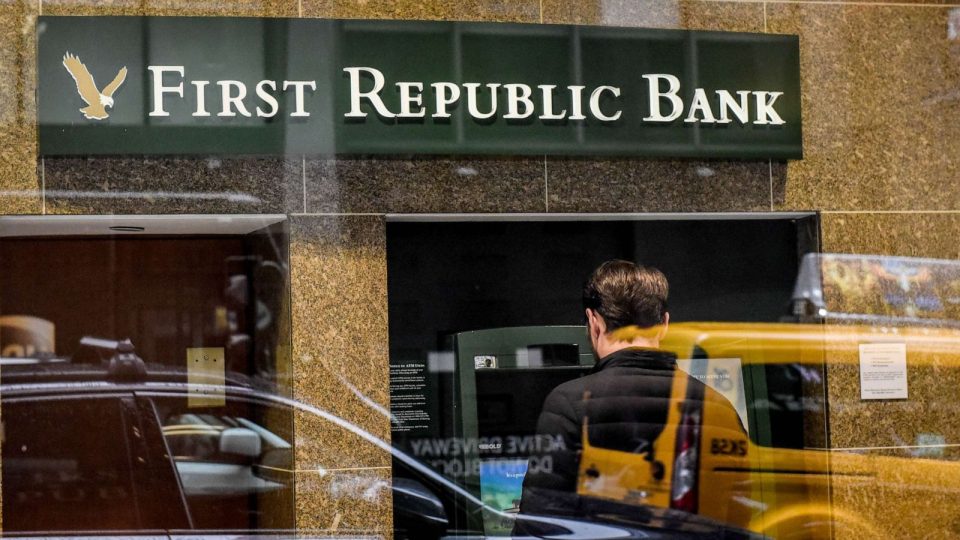First Republic Bank’s stock dropped over 50% to a record low on Tuesday after the firm disclosed that depositors withdrew more than $100 billion during last month’s financial crisis, raising concerns about more bank failures.
The San Francisco-based lender lost 40% of its deposits in the first quarter as the banking sector saw its worst confidence crisis since the 2007-2008 financial disaster. First Republic’s deposits fell by $72 billion during the time, accounting for a $30 billion rescue plan proposed last month by a consortium of 11 banks. It had around $104 billion in deposits at the end of March, including $30 billion from other banks as part of a rescue package designed to boost trust.
First Republic said on Monday that it was investigating “strategic options” to bolster its position. The bank’s recovery strategy involves selling underperforming assets and cutting off 20% to 25% of its 7,200-person staff in the following months.
Problems in the banking industry first arose in the United States earlier this month when Silicon Valley Bank failed, the largest failure of a US bank since 2008. This was followed by the fall of Signature Bank. Authorities stepped in to guarantee deposits over normal limits to prevent more bank deposit runs.
However, this did not stop the propagation of worries. In Europe, Swiss officials mediated a rescue for Credit Suisse, which saw 61.2 billion Swiss francs ($69 billion) exit the bank in the first three months of the year. Since then, investors have been constantly monitoring the financial condition of regional lenders like First Republic.
Central banks worldwide, particularly the US Federal Reserve and the Bank of England, have raised interest rates considerably to contain inflation. The developments had harmed the value of massive portfolios of bonds purchased by banks when interest rates were lower.


 Signals, Powered By EquityPandit
Signals, Powered By EquityPandit

